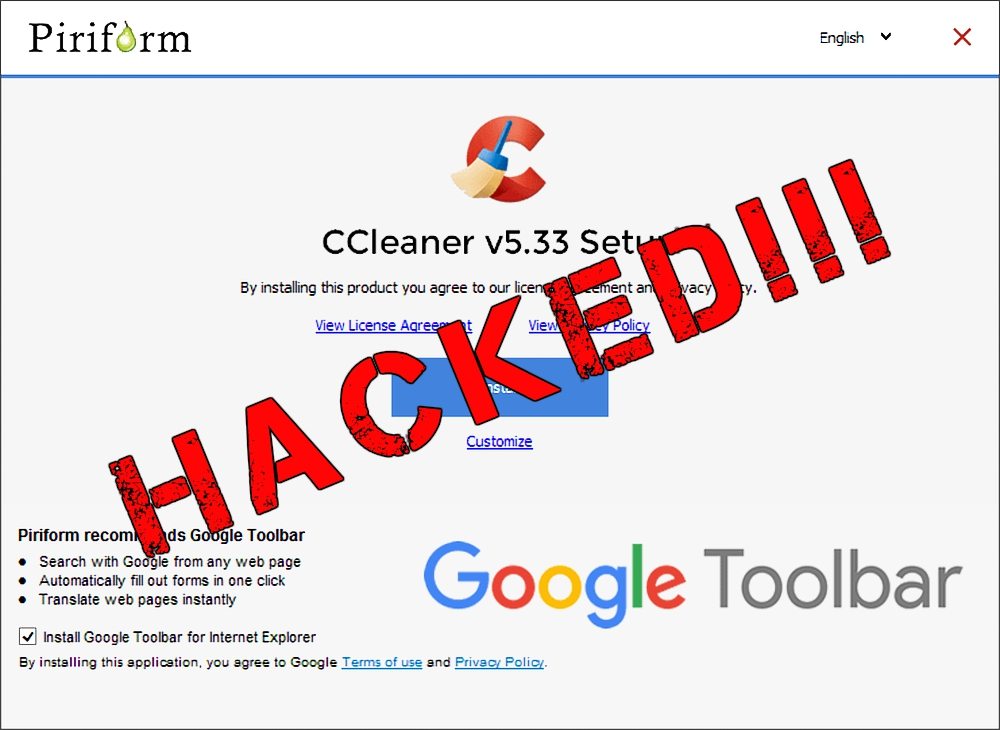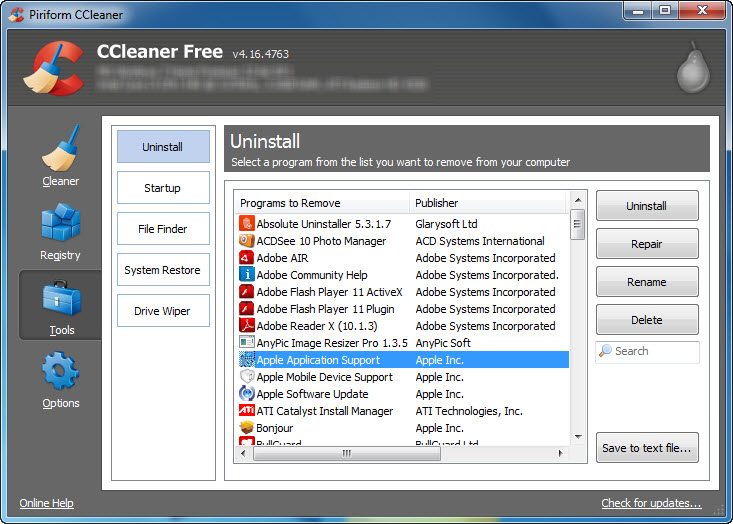
The classic desktop Disk Cleanup tool is still included on Windows 10, but the new interface in Settings does the same thing and runs a bit faster. On Windows 7, you can launch the classic “Disk Cleanup” tool from your Start menu to delete these files. RELATED: Use Windows 10's New "Free Up Space" Tool to Clean Up Your Hard Drive Be sure you don’t want to recover any deleted files from your Recycle Bin before checking this option. Warning: If you check “Recycle Bin,” Windows will also empty your Recycle Bin. CCleaner has even been hacked to contain malware. CCleaner nags you to run it because the paid subscription can automatically run itself-you’re paying to disable the nags. We haven’t been huge fans of CCleaner for a while now. We are leaving the rest of this article here for historical reference. We no longer recommend against using CCleaner-you should definitely use it if you want to, but we don’t think everyone has to use it as both Windows 10 and Windows 11 have some solid built-in tools, and there are also some other great apps for deleting temporary files and freeing up disk space. Here are our current thoughts on whether CCleaner is safe. The company swiftly dealt with the data collection concerns and has not had any security breaches since then. Our concerns focused on a hack in 2017 and data collection issues in 2018.

Update, 4/19/23: We originally published this article in 2018. We don’t recommend you upgrade to CCleaner 5.45.

The popular system-cleaning tool now always runs in the background, nagging you and reporting anonymous data back to the company’s servers.


 0 kommentar(er)
0 kommentar(er)
